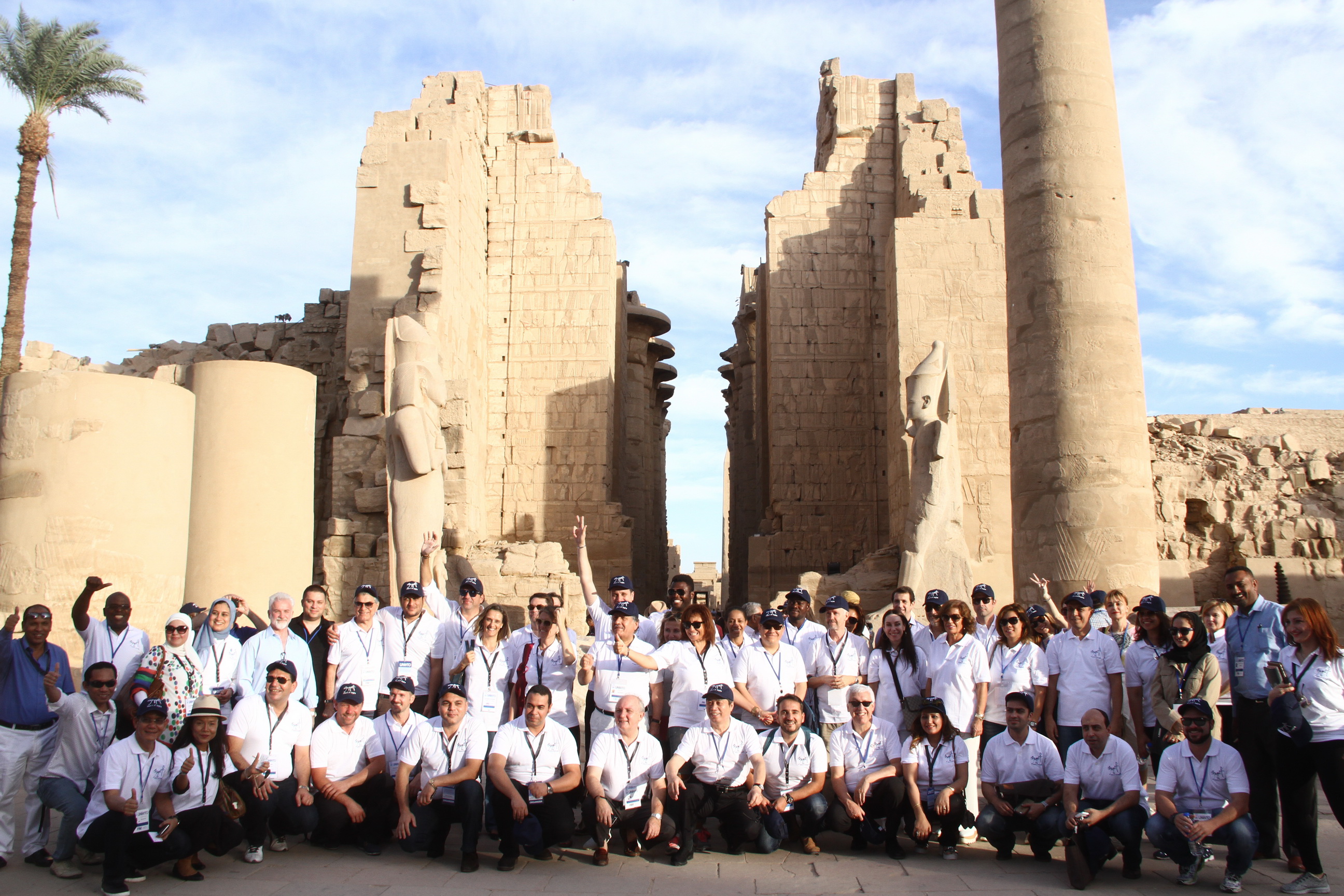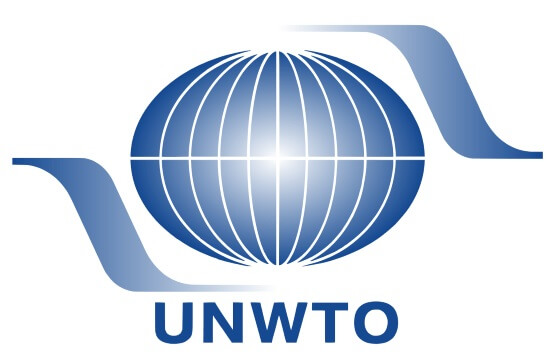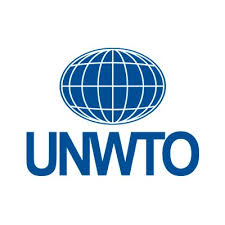
Urban planning and city tourism need to go “hand in hand”, concludes UNWTO Summit
The 5th UNWTO City Tourism Summit in Luxor, Egypt gathered around 400 experts from 40 countries to discuss the theme ‘Cities: Local culture for a global traveler’. The event, organized by the World Tourism Organization (UNWTO) and the Ministry of Tourism of Egypt, concluded on the importance of ensuring urban planning and city tourism development are fully coordinated. Authenticity, local culture, the engagement of local communities and the use of technology were pointed out as key success factors for city tourism.
Participants discussed city tourism trends including new business models, such as the so-called “sharing economy”, the importance of millennials, emerging niche markets, how to build authentic cultural experiences and engage local communities, safety and security, and congestion management.
The Minister of Antiquities of Egypt, Khaled El-Enany, Minister of Tourism Mohamed Yehia Rashed, Governor of Luxor Mohamed Sayed Badr, the Assistant Minister of Foreign Affairs for International Organizations of Egypt, Hisham Badr, UNWTO Secretary-General Taleb Rifai and the President and CEO of the World Travel and Tourism Council (WTTC), David Scowsill, addressed the meeting.
“Holding this event in Luxor shows how Egypt and its people are committed to tourism and is a very positive sign that Egypt will recover to be the leading tourism destination it has historically been,” said Minister Rashed.
UNWTO Secretary-General Taleb Rifai expressed the Organization’s full confidence in Egypt’s tourism recovery, recalling that holding such an important meeting in Luxor displays the trust of the international tourism community in the destination.
The High-Level Panel of the Summit, moderated by BBC Travel Show presenter Rajan Datar, stressed the importance of placing tourism high in the urban agenda and creating mechanisms of coordination and joint planning. Issues of congestion management, safety and security, and engagement with host communities were also discussed.
“We should never fear the growth of the tourism sector; it is the way we manage it that makes the difference,” said Mr. Rifai during the panel. He stressed that “a city that does not serve its citizens will not serve its visitors, thus the importance of engaging local communities and tourists”.
Participants also stressed the need to maximize the resources generated by tourism for heritage preservation and renovation, the roles of gastronomy and creative culture in attracting and engaging tourists; and how the 270 million young travelers of today demand new authentic products and connectivity twenty-four seven.
The closing keynote was delivered by Egyptian archaeologist Mr. Zahi Hawass, who shared his exemplary experience.
During the Summit, UNWTO presented its City Tourism Network Action Plan as well as a new initiative – ‘Mayors for Tourism’ – that will see mayors and cities’ decision-makers collaborate on tourism issues.
The 6th UNWTO Global Summit on City Tourism will take place in Kuala Lumpur, Malaysia, in December 2017.




